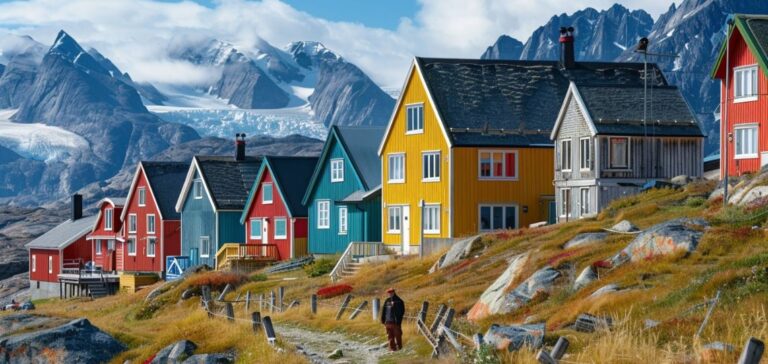The announcement of an imminent visit by high-ranking US officials to Greenland, an autonomous territory within the Kingdom of Denmark, triggered an immediate response from outgoing Prime Minister Mute Egede. He condemned the move as an affront to Greenlandic sovereignty at a critical juncture, with coalition talks still ongoing following the recent legislative elections.
Political reaction and diplomatic atmosphere
According to US media, National Security Advisor Mike Waltz and Secretary of Energy Chris Wright are scheduled to visit Nuuk, the capital of Greenland, this week. Two Hercules military aircraft carrying members of their security team have already landed. The White House also confirmed the presence of Usha Vance, wife of US Vice President JD Vance, who will attend an official visit from Thursday to Saturday, including a national sled dog race.
Mute Egede, serving in a caretaker capacity, stated that the United States had been clearly informed that no official meetings would be possible before the formation of a new government. In an interview with local newspaper Sermitsiaq, he expressed concern over what he termed direct interference and called on Greenland’s European partners to respond.
Perceived pressure and strategic ambitions
Danish Minister of Foreign Affairs Lars Løkke Rasmussen also criticised the visit. He stressed that any cooperation with the United States must be grounded in respect for Danish sovereignty. Egede intensified his rhetoric, describing the visit by the National Security Advisor as a “show of force” aimed at gauging the feasibility of annexing the island.
Jens-Frederik Nielsen, leader of the centre-right party that won the election, voiced his understanding of public concerns, affirming that Greenlanders must remain free to decide their political future.
Strategic context and local perceptions
Ulrik Pram Gad, a researcher at the Danish Institute for International Studies, noted that the visit deviates from standard diplomatic practice. He pointed out that the US officials had not been invited by either the Danish government or Greenlandic authorities. Statements from the current US administration, including a recent presidential remark predicting eventual annexation in the name of “international security,” are seen as increasing pressure on the territory.
While local political parties broadly support long-term independence, none advocates for a formal union with the United States. Polls show that the majority of the territory’s 57,000 residents are also opposed. Beyond its mineral wealth, Greenland holds strategic military importance due to its location on the shortest trajectory for potential missile routes between North America and Russia.






















